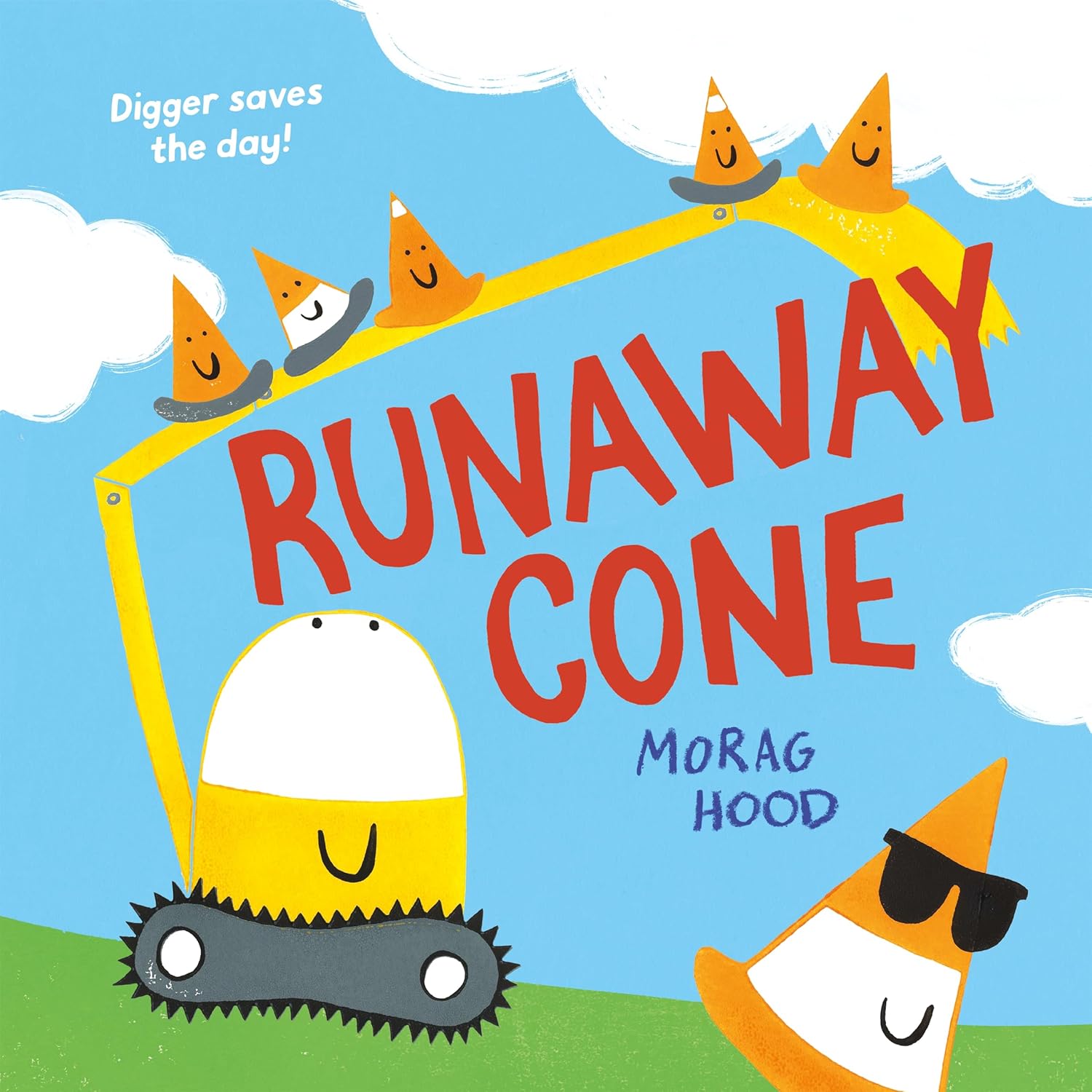Looking for something to keep your little ones busy over a (probably rainy) half term holiday? We have lots of fantastic free activities across our libraries!
Read on to find out more...
Central Children's Library
Tales and Tunes
Monday 16 February and Friday 20 February, 11am-midday. Age 5 and under
No need to book, just drop in!
Parent Club - songs, rhymes, and a chance to meet other parents
Wednesday 18 February, 3pm-3.45pm. Age 18 months and under
No need to book, just drop in!
Springtime Crafts
Drop in any time during library opening hours. Any age
No need to book, just drop in!
Chapeltown Library
Storytime
Monday 16 February, 10.30am-11.15am. Age 5 and under
No need to book, just drop in!
Babytime
Tuesday 17 February, 10.30am-11.15am. Age 2 and under
No need to book, just drop in!
Finger Knitting Bracelets workshop
Wednesday 18 February, 2.30pm-3.30pm. Age 6+
Booking required - please contact the library on 0114 203 7000 or chapeltown.library@sheffield.gov.uk
Crystal Peaks Library
Storytime
Monday 16 February, 10.15am-11am. Age 5 and under
No need to book, just drop in!
Babytime
Wednesday 18 February, 10.15am-11am. Age 2 and under
No need to book, just drop in!
Darnall Library
Babytime
Monday 16 February, 2.15pm-3.15pm. Age 2 and under
No need to book, just drop in!
Storytime
Tuesday 17 February, 10.30am-11.30am. Age 5 and under
No need to book, just drop in!
Ecclesall Library
Storytime
Monday 16 February, 2pm-3pm. Age 5 and under
No need to book, just drop in!
Chinese New Year colouring and craft activity
Tuesday 17 February, 10.30am-11.30am. Age 5-10
No need to book, just drop in!
Babytime
Wednesday 18 February, 2pm-3pm. Age 2 and under
No need to book, just drop in!
Chatterbooks children's reading group
Friday 20 February, 4pm-5pm. Age 7-11
Please contact the library for more details on 0114 2037222 or ecclesall.library@sheffield.gov.uk
Firth Park Library
Byte Buddies coding club
Saturday 14 February, 2pm-3pm. Age 7-12
No need to book, just drop in!
Babytime
Monday 16 February, 10.30am-11.30am. Age 0-3
No need to book, just drop in!
Family Hub children's activities
Monday 16 February, 1pm-2.15pm. Any age
No need to book, just drop in!
Holiday Crafternoon
Monday 16 February, 2.30pm-3.30pm. Age 3+
No need to book, just drop in!
Storytime PLUS: songs, stories and sticking
Wednesday 18 February, 11am-midday. Age 2-7 plus siblings
No need to book, just drop in!
Bookaroo children's reading group
Saturday 20 February, 2pm-3pm. Age 5-7
No need to book, just drop in!
Highfield Library
Mini Canvas Painting craft activity
Tuesday 17 February, 10.30am-11.30am. Any age
No need to book, just drop in!
Babytime
Friday 20 February, 11.15am-midday. Age 2 and under
No need to book, just drop in!
Chatterbooks children's reading group
Saturday 21 February, 10.30am-11.30am. Age 7-11
Please contact the library for more details on 0114 293 0018 or highfield.library@sheffield.gov.uk
Hillsborough Library
Storytime
Tuesday 17 February, 11am-11.45am. Age 5 and under
No need to book, just drop in!
Babytime
Friday 20 February, 10.30am-11am. Age 2 and under
No need to book, just drop in!
Manor Library
Talking With Your Toddler stay and play session
Monday 16 February, 10.30am-11.30am. Babies and toddlers
No need to book, just drop in!
Springtime Craft Session
Wednesday 18 February 11am-11.30am. Age 3-11
No need to book, just drop in!
Parson Cross Library
Babytime
Friday 20 February, 10.30am-11.30am. Age 2 and under
No need to book, just drop in!
Storytime
Saturday 21 February, 11am-11.45am. Age 5 and under
No need to book, just drop in!
Stocksbridge Library
Storytime
Tuesday 17 February, 10.30am-11.30am. Age 5 and under
No need to book, just drop in!
Babytime
Wednesday 18 February, 10am-11am. Age 2 and under
No need to book, just drop in!
Chatterbooks children's reading group
Saturday 21 February, 11am-12.30pm
Please contact the library for more details on 0114 2734205 or stocksbridge.library@sheffield.gov.uk
Woodseats Library
Babytime
Monday 16 February, 2pm-2.45pm
No need to book, just drop in!
Storytime
Tuesday 17 February, 10.30am-11.15am
No need to book, just drop in!
Chinese New Year Hobby Horse Craft
No need to book, just drop in!






































